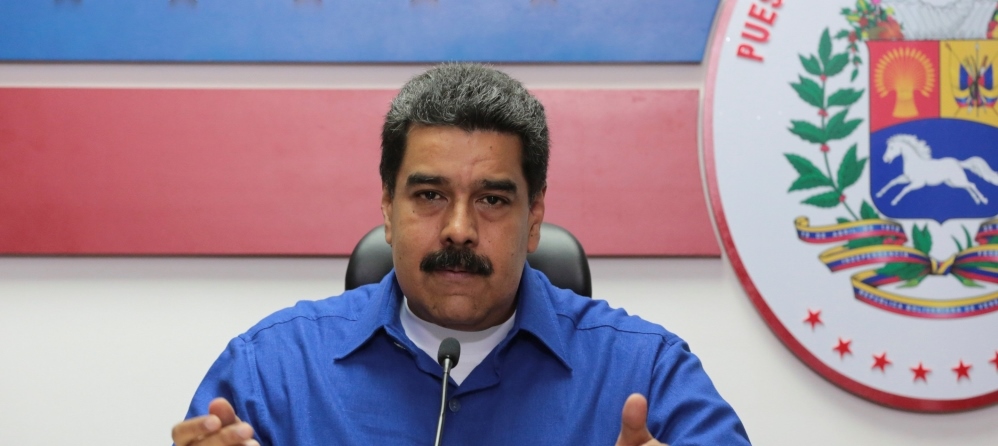The Venezuelan crisis
September 4, 2017 | Expert Insights

Venezuelan economy is on a free fall with a sharp rise in inflation and a drop in the nation’s revenues.
The value of its currency has also dropped significantly.
Background
Despite having world's largest proven oil deposits, many Venezuelans have lived in abject poverty. The former President, Hugo Chavez, was in office from 1999 to 2013. In that period, billions of dollars were spent in generous social programs. After his death, his successor, Nicolas Maduro took office. There has been a rise in inflation and a shortage of basic goods. A drop in the oil prices had added to the administration’s problems.
From 2014, there have been recurrent protests against the government because of many of these issues. Detractors blame the current economic policies for the crisis. People are also disillusioned by the high level of urban violence prevalent in the nation.
The protests have increased from 2017. There have been calls for fresh elections to remove United Socialist Party (PSUV) from power. However, the government remains as powerful as ever in the nation. Recently, a new constituent assembly was instated in Venezuela. The assembly is filled with Maduro supporters and has the power to re-write the nation’s constitution.
Analysis
The country has been grappling with severe shortages of basic goods. According to media reports, there is shortage of food as well as medicines for the sick. Hospitals are overflowing and there aren’t enough hospital beds to treat patients.
There has also been a sharp rise in inflation and the nation’s currency, Bolívar has collapsed as a result. According to Dolar Today, a website that tracks black market rates of currencies, the exchange rate of Venezuelan currency is 10,987 Bolívars per Dollar. The country’s official exchange rate is about 10 Bolívars on the Dollar but majority of Venezuelans stick to the value in the black market.
According to Venezuela’s congress, which is led by the opposition, the nation’s inflation has skyrocketed. The inflation has reportedly quickened to 248.6% in the first seven months of 2017. This is likely to jump to 700% by the end of this year.
The prices of food has gone up by 17% and oil revenues have fallen. The state-oil company, Petróleos de Venezuela reported in August that its revenue has fallen by more than third compared to the same period last year. This is one of the main sources of income for the government.
Daniel Lansberg-Rodriguez, an expert who teaches at Northwestern’s Kellogg School of Management, has compared the Venezuelan currency to ice cubes. He has been quoted by the New York Times as stating, “If you’re going to go to the fridge and take one, it’s something you have to use right now, because soon it’s going to be gone.”
Assessment
Our assessment is that Venezuela is quite likely going to deal with hyperinflation. Mired by political controversies, the government simply does not have the time to come up with cohesive macroeconomic policies that can address this crisis.








Comments